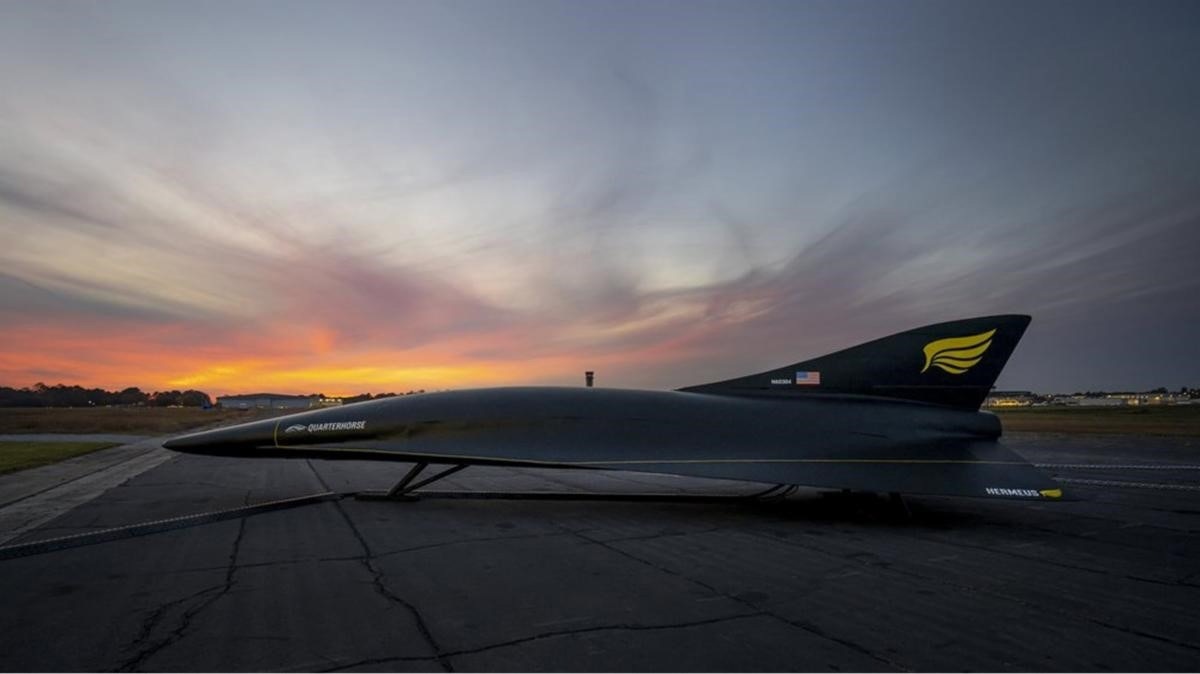Velo3D, Inc., a leading metal additive manufacturing technology company for mission-critical parts, today announced Hermeus, a company developing hypersonic aircraft for defense and commercial applications, has acquired an original Sapphire and a large-format Sapphire XC that is designed for high-volume production. The printers, both of which will be calibrated for Inconel 718, will be used to build parts for Hermeus’ Chimera engine and Quarterhorse aircraft.

Image Credit: Velo3D, Inc.
“Metal additive manufacturing is a core component of our plan to vertically integrate production,” said Glenn Case, CTO at Hermeus. “As we explore the capabilities of Velo3D’s additive manufacturing technology, we’ll be looking for ways to increase performance, consolidate components, reduce weight of our aircraft, and minimize external dependencies.”
Hermeus was founded in 2018 to radically accelerate air travel with hypersonic aircraft. The company is an up-and-coming superstar in the aviation industry with more than $130 million in funding, including a $100 million Series B and contracts with the U.S. Air Force. It also has strong support from NASA and other U.S. government agencies as well as funding from aerospace innovators like RTX Ventures, the venture capital group of Raytheon Technologies.
The Chimera engine is a turbine-based combined cycle engine that will power Hermeus’ first aircraft, Quarterhorse, an autonomous aircraft designed to touch high Mach speeds and prove reusability. Quarterhorse’s first flight is planned for 2023.
“Hypersonics is an extremely challenging subset of the aviation industry and at the speeds that Hermeus will achieve, temperature, vibration, and aerodynamics play major factors in the flight of the aircraft,” said Benny Buller, Velo3D CEO and Founder. “There are not many teams with the deep experience in hypersonics, aviation, and space flight that Hermeus has, and we’re truly honored to provide Sapphire printers to help them achieve their goals. I have no doubt that they will bring their vision to life and make hypersonic commercial flight a reality.”
Velo3D’s metal additive manufacturing technology has seen extensive adoption in the hypersonics and NewSpace industries due to its ability to build the complex, mission-critical parts engineers need without compromising design, quality, or performance. Customers can print existing designs without the need to design the parts for additive manufacturing or obtain specialized training. The company’s solution also helps teams iterate on designs more quickly and greatly simplify supply chains.